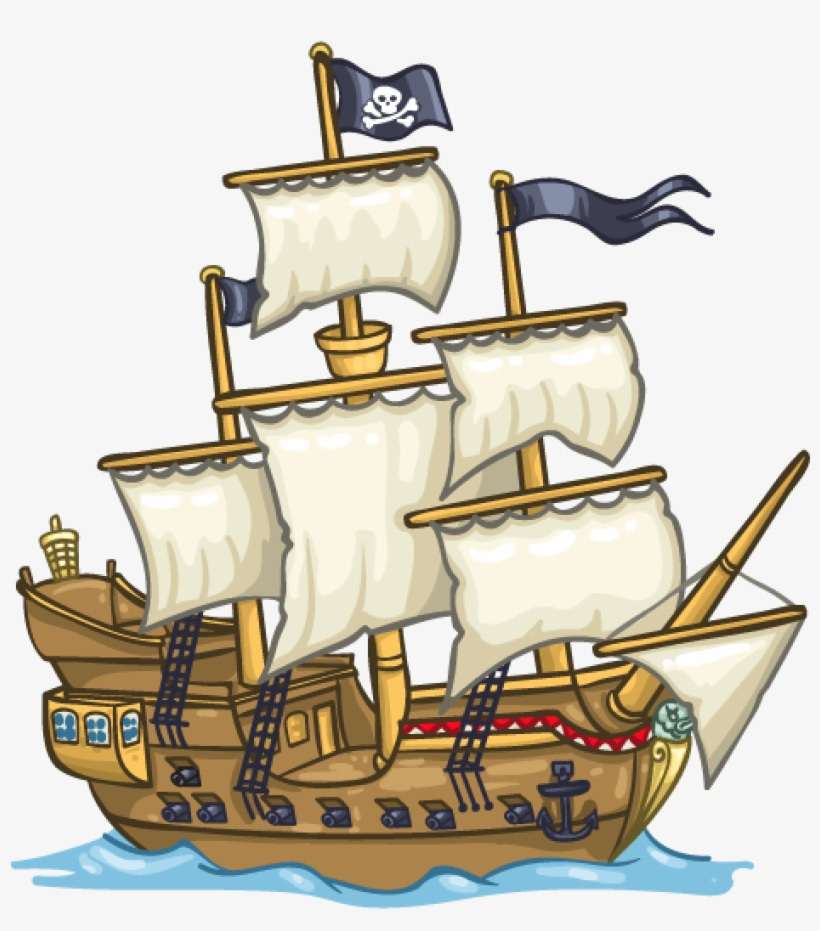Maximize Your Results by Organizing Your Trading Jobs
When you’re trading, a calm mind is your biggest asset. Our job is to develop a system and follow it perfectly. Unfortunately, the market changes constantly. We need to adapt to it while still following our strategy.
In an investment firm or hedge fund, there are dozens of different positions to do this. You have research analysts, investment analysts, execution traders, portfolio managers, risk managers, accountants, financial analysts, and many more. The process of extracting a return out of financial markets - especially when dealing with billions of dollars - requires a lot of work.
As a trader, you don't have the stresses of dealing with clients' funds and worrying about billions. However, you're still going through the same process. You need to be the research analyst, the execution trader, the manager, and the accountant - all in one.
One of the biggest setbacks is having a turbulent mind. Much like water - when it’s turbulent, it’s difficult to see. When it’s calm, everything becomes clear. We become turbulent because we have many different roles to deal with, and we mix them up or try to be more than one at the same time.
We can only be one job at a time, and it must be at the right time. Anything else will only lead to confusion and mistakes. Here are the jobs you have:
1. Market Researcher
Your day begins as a market researcher. This is your main role outside of trading directly. It involves staying up-to-date with current market events and movements. Once you have context ready for the day, you can begin looking for setups according to your strategy.
You should have your trading plan ready before the market opens. For example:
If we go above [price x] with high volume and momentum, I will buy [y] number of shares with a stop loss at [price z] and a profit target at [price w].
The market researcher is the first step in your trading process. This role should be done before and/or after market hours. It provides you with your plan so you have a set of rules to follow and don’t get thrown off by market movements.
After we have our plan in place, we can move on to our next role:
2. Execution Trader
From market open to market close, the execution trader is the only job you must do. Your sole purpose is to execute trades from your plan to the best of your ability. You do not need to think at all, as all the thinking was done by the market researcher.
If your plan was to buy 100 shares at [price x] with the right stop-loss and profit target, then your job is to execute that trade as accurately as possible.
You can also think of this dynamic as a boss and employee. The boss (researcher) lays out all the work to be done. Once the plans are finalized, the employee (trader) does the work. The boss does not do the employee’s job and the employee does not do the boss’ job.
Imagine how chaotic it would be if they tried doing each other’s roles. Nothing would ever get done right, if at all. In most cases, these are two separate people so it’s easy to separate them. In trading, you’re one person, so it’s a little trickier.
You might be tempted to change your plans in the middle of a trade or take trades outside of your plan. You’re mixing the roles, and this is harmful because you’ll never develop consistency.
Professional traders constantly preach about discipline and consistency because without those, your chances of succeeding drop to zero. The market is a competitive and unforgiving place.
All of your gears need to be in the right place, or your machine won’t move. If you can’t keep your roles separate, you can’t make any meaningful progress - you might as well be donating money to Wall Street.
3. Risk Manager
The last and most important job is the risk manager. If your trading account is a ship, the market researcher is the captain with a compass and map. They are responsible for deciding where the ship goes.
The execution trader is the one who steers the ship and follows directions. The risk manager makes sure the ship has no holes and is always in good shape to make the journey. This is why the risk manager is the most important role. If the ship has holes, it can’t go anywhere. There is no point in having a ship that’ll sink eventually.
It consists of analyzing the state of your account every day to determine the correct position size and appropriate risk level to make sure you stay afloat. Your returns depend on the amount you risk, so the risk manager also looks to maximize your potential return. It’s also done outside market hours, before and after the trading day.
Ahead of Everyone Else
Doubt and indecision are one of your biggest enemies in trading. It's better to lose money with a strategy than to be indecisive and rethink your position ten times.
You might be terrible at all your roles at first. It's normal, no one starts a job and immediately excels at it. As you gain experience, all of these roles will improve together, as long as you develop each of them separately.
Once you get good at this, you’ll have a team of experienced “employees” that are masters in their specific job. You’re developing this advanced skill set while other traders still have no idea what a stop loss is. I wonder who’ll get better results?
Feel free to like and share this with other like-minded traders. Stay tuned for more!
- Tradewriter
Disclaimer: Any content from this newsletter should not be taken as financial or investment advice, but for informational and entertainment purposes only. This newsletter simply shares my personal opinions. Investing in stocks, bonds, futures, options, and other securities carries significant risks. Some or all capital may be lost. With leveraged instruments, losses may exceed initial capital. Past performance of a security does not guarantee future results. Consult with a registered financial/investment professional. This newsletter and its authors are not licensed financial/investment professionals. By reading and using this newsletter, as well as any other publications, you are agreeing to these terms.





